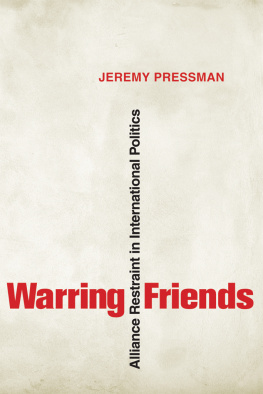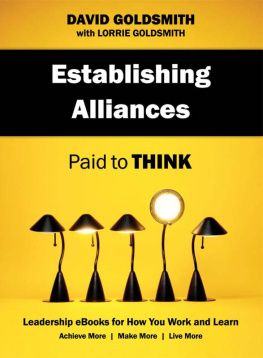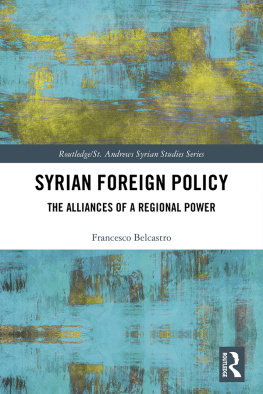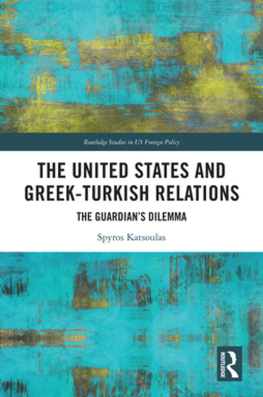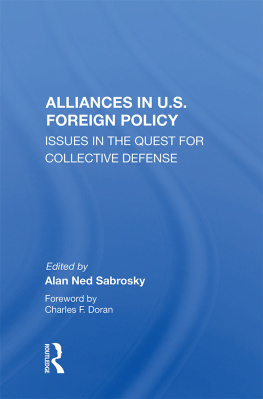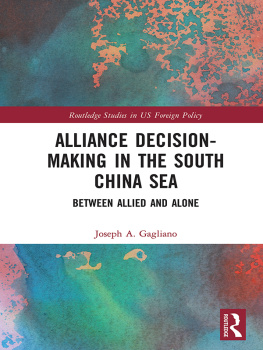Acknowledgments
Many people helped me develop this project. In my graduate studies, I was guided by Malik Mufiti, Barry Posen, and Stephen Van Evera. Each offered incisive comments on my work. Steve Van Evera in particular challenged me intellectually while offering unending encouragement and food for thought. My thinking was further stimulated by a postdoctoral fellowship at the Belfer Center for Science and International Affairs at Harvard University. I have enjoyed working with my colleagues at the University of Connecticut and especially express my appreciation to my four colleagues in international relations, Mark Boyer, Garry Clifford, Betty Hanson, and Jennifer Sterling-Folker. I appreciated the research and intellectual support of Shai Feldman and Kristina Cherniahivsky at the Crown Center for Middle East Studies at Brandeis University.
At Cornell University Press, I thank Roger Haydon for shepherding me through the publication process. Series editor Stephen M. Walt offered excellent feedback on the manuscript. I also valued the suggestions of an anonymous reviewer. I thank Susan Barnett, Kay Banning, Ange Romeo-Hall, and Kim Vivier for helping to publish this book.
Many other people offered comments and suggestions. I thank David Art, Boaz Atzili, Thomas Christensen, Michal Ben-Josef Hirsch, Robert Blecher, Jonathan Cutler, Kelly Greenhill, Mark L. Haas, Waleed Hazbun, Alan Kuperman, Scott Lasensky, Sarah Kenyon Lischer, Sara Jane McCaffrey, Monika L. McDermott, Daniel Metz, Benny Miller, Jessica Piombo, Benjamin L. Read, Howard Reiter, Jonathan Rynhold, Chris Twomey, Cory Welt, and Amos Zehavi.
On the administrative side, I thank Anne Carbone, Helen F. Ray, Scott Schnyer, and Tobie Weiner at the Massachusetts Institute of Technology. At the University of Connecticut, I am deeply indebted to Jennifer Fontanella, Justine Hill, and Christine Luberto. I am also grateful to librarians at MIT, UConn, Harvard, the National Archives and Records Administration, the British National Archives, and a number of other presidential and university libraries.
My parents nurtured my interests in the political world, and I am grateful for their continuing friendship and that of my siblings and the Sobel family. Audrey Sobel, my wife, has been incredibly supportive throughout this project, and I would not have reached this point without her. I deeply appreciate her love, wisdom, and kindness.
My four grandparents were an example of educational achievement and lifelong learning. They set the tone for their children and grandchildren. In late 2006, my last living grandparent, Goldie Pressman, passed away at the age of 97. She was reading and discussing the New York Times until she died. It seems fitting to dedicate this Cornell University Press book to her, a member of the Cornell University class of 1930.
1
Alliance Restraint
In the months leading up to the U.S. invasion of Iraq in March 2003, several close U.S. allies frenetically worked to stop the war. In different ways, France, Germany, Saudi Arabia, and Turkey all took actions or issued statements that sought to restrain the United States by blocking American military intervention to topple Saddam Hussein. They failed to stop the worlds lone superpower.
Nearly fifty years earlier, the situation was reversed as the United States worked to restrain its British and French allies. In 1956, after Egypt nationalized the Suez Canal, Britain and France considered military action against Egypt to retake control of the canal. The United States opposed Anglo-French military intervention. But the opposition of the American superpower was to no avail, and British and French military forces, along with Israeli troops, invaded Egypt.
Lest one think that allies always fail to restrain each other, the history of international politics also demonstrates the opposite tendency. In the 1991 Persian Gulf War, the United States led a coalition to expel Iraq from Kuwait. The United States feared that Israeli military retaliation against Iraqi attacks would fracture the U.S. war-fighting coalition. Even before the start of the American military operation, U.S. officials worked to rein in their Israeli ally. Using both inducements and the threat of punitive policies, the United States successfully restrained Israel.
In a much earlier example, the United States had to abandon military intervention because of British opposition. In 1954, with French forces under siege at Dien Bien Phu in Indochina, France pleaded with the United States for direct military support. The United States was willing to do so only along with Britain, but Britain opposed intervention and adamantly refused to join its American ally. The United States declined the French request, and the French forces at Dien Bien Phu fell.
More generally, as the case studies in this book demonstrate, efforts by one ally to restrain its partner are common in international affairs, but these attempts at alliance restraint have not received sustained scholarly attention. This book asks two central questions. First, does alliance restraint cause the formation of some alliances? Second, what explains the success or failure of alliance restraint attempts? Both questions address alliance restraint, but they deal with distinct categories of the alliance literature. The first question concerns the origins of alliances whereas the second one is about alliance management, or how decisions are taken inside an existing alliance. The case studies in chapter 2 address the first question. Chapter 3, on Anglo-American relations, and chapter 4, on American-Israeli relations, explore the second.
The second question, on the success or failure of alliance restraint, is particularly puzzling because neither of the dominant answers about alliance decision making fits the empirical evidence. Some scholars have argued that powerful allies get their way, just as powerful states more generally dominate international affairs. As Thucydides wrote long ago, The strong do what they have the power to do and the weak accept what they have to accept. Yet neither of these explanations can explain the variation we see in the success and failure of alliance restraint attempts. Neither stronger nor weaker allies always get their way in restraint debates.
This book proposes a different way of explaining alliance restraint success that accepts and rejects part of each existing answer. The more powerful ally must mobilize its power resources and not, as it often does, rely solely on rhetoric and persuasion to restrain its allies. The 800-pound gorilla has to throw its weight around; merely being heavy is not enough to force allies in line. At the same time, the institutional factors matter as tools or pathways for the mobilization and use of power rather than as limits on the policies of the powerful allies.
This answerthat alliance management in terms of the success or failure of alliance restraint turns on power mobilizationleads to two obvious questions. First, when will a powerful ally mobilize its resources either to restrain an ally or to ignore a restraint attempt by one of its weaker partners? Case studies of Anglo-American and American-Israeli relations show that the powerful ally mobilizes its resources when it is not deceived and thus has sufficient information about its weaker allys policy; its leadership is unified on the alliance restraint question; and the mobilization furthers its highest national security objectives. When the more powerful ally is the restrainer, there is one additional factor: power mobilization may also be necessary to create an alternative to the military policy it sought to block.

